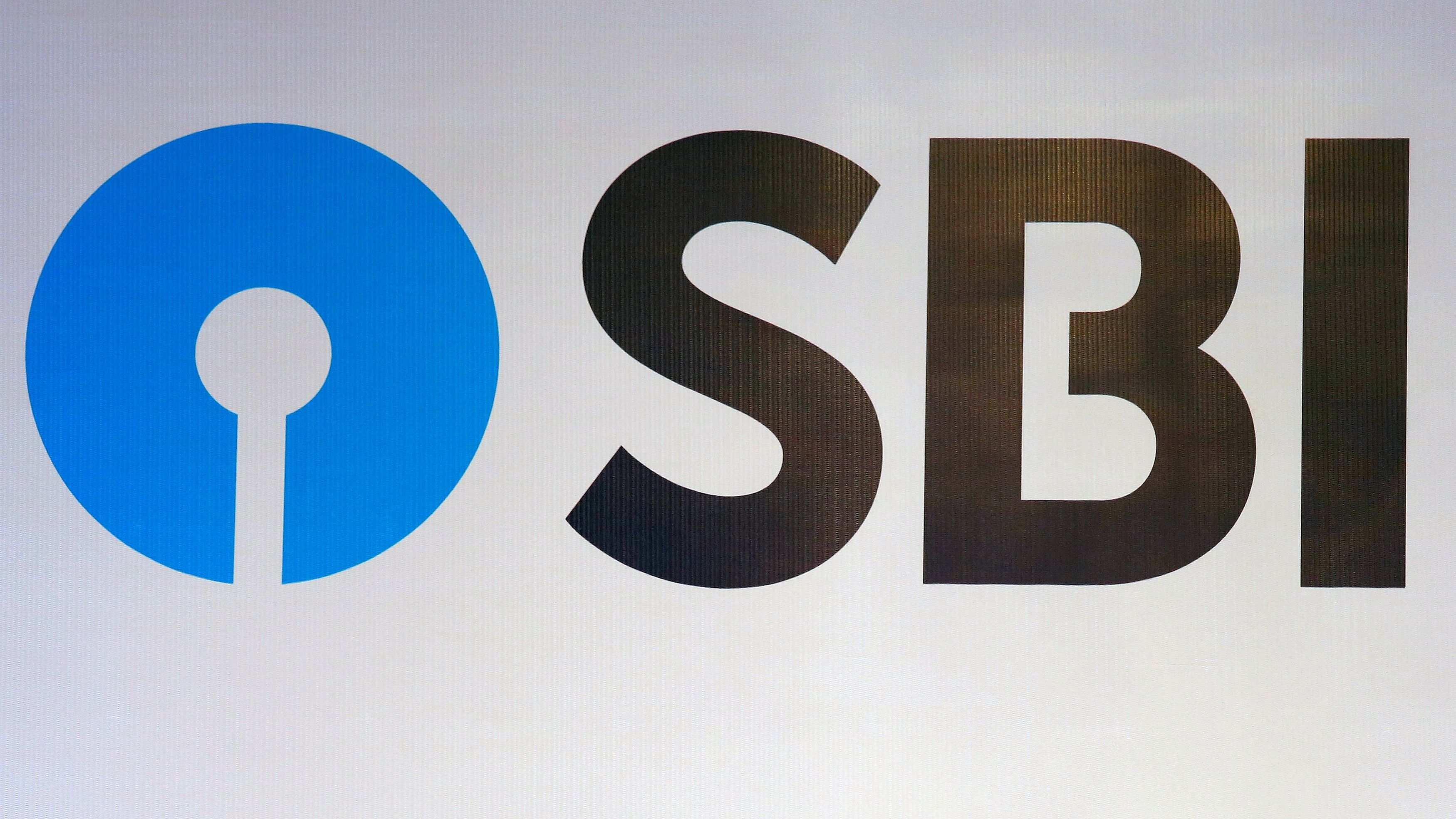
The State Bank of India (SBI) logo.
Credit: Reuters File Photo
The Supreme Court is hearing on Monday contempt petitions against State Bank of India for its failure to provide information about electoral bonds to the Election Commission (ECI).
Many hold that the reasons cited by the bank for its inability to comply with the court’s directive are untenable. Last month, the court declared the electoral bonds scheme unconstitutional, and told the SBI to furnish details of the bonds—dates, denominations, identities of parties that received them—to the ECI by March 6.
The ECI had to make them public by March 13. But the SBI has told the court that it can reconcile the information only by June end. The reason, furnished close to the date set by the court, is not convincing.
The bank has said that the information is in two silos, one related to the purchase of the bonds and the other to the parties that received the bonds. It claims that it is difficult to match political parties against donors.
This claim has been questioned. It has been pointed out, on the basis of RTI documents, that the SBI was able to collate data on bonds from across the country within 48 hours when the union finance ministry sought such information.
Subhash Chandra Garg, the former finance secretary who oversaw the introduction of the bonds, has said that the SBI needs “not more than a day” to make available the information sought by the court. The 2018 guidelines of the bonds scheme requires the bank to disclose the data to any court that demands it.
In 2019, the Supreme Court had told the bank to maintain such records. The bank had then given the details to the court in a sealed cover, without asking for time.
The court’s directive has to be seen in a context. The information is important and relevant when elections are just weeks away. The voter has the right to know how political donations impacted the policies and decisions of parties and governments.
A number of former civil servants have requested the Election Commission not to declare the election dates till the SBI hands over information about the bonds. If the SBI sticks to its position, the court can subject it to scrutiny to determine whether it constitutes contempt.
It can order the bank to hand over the data and get it examined by an expert committee appointed by it. Urgent action is called for as the matter is of high public interest and importance.